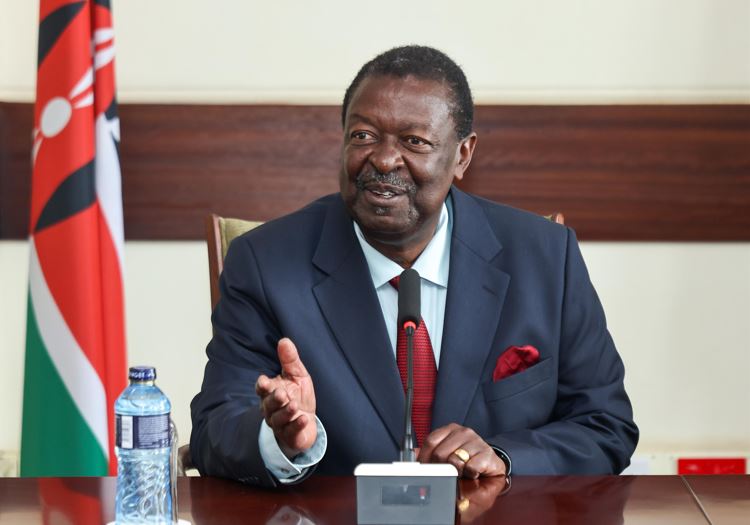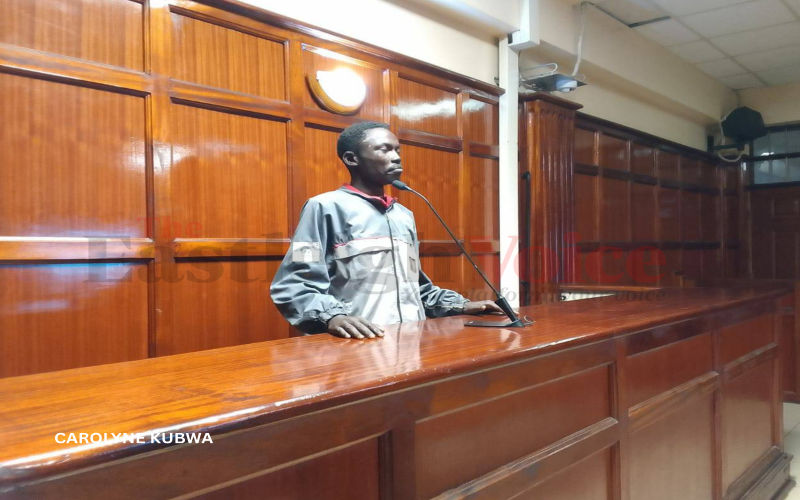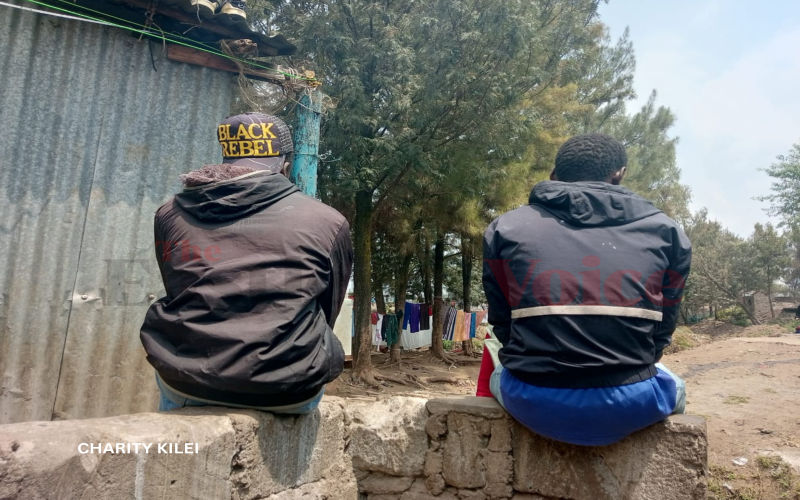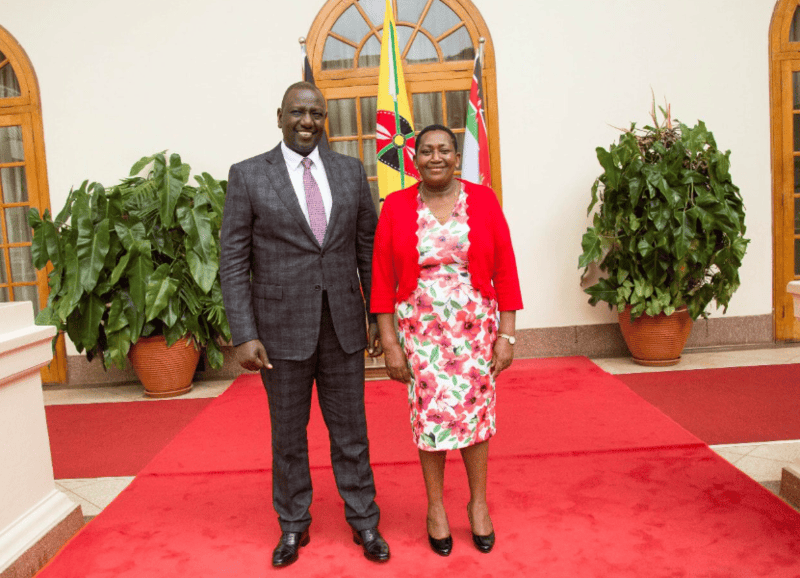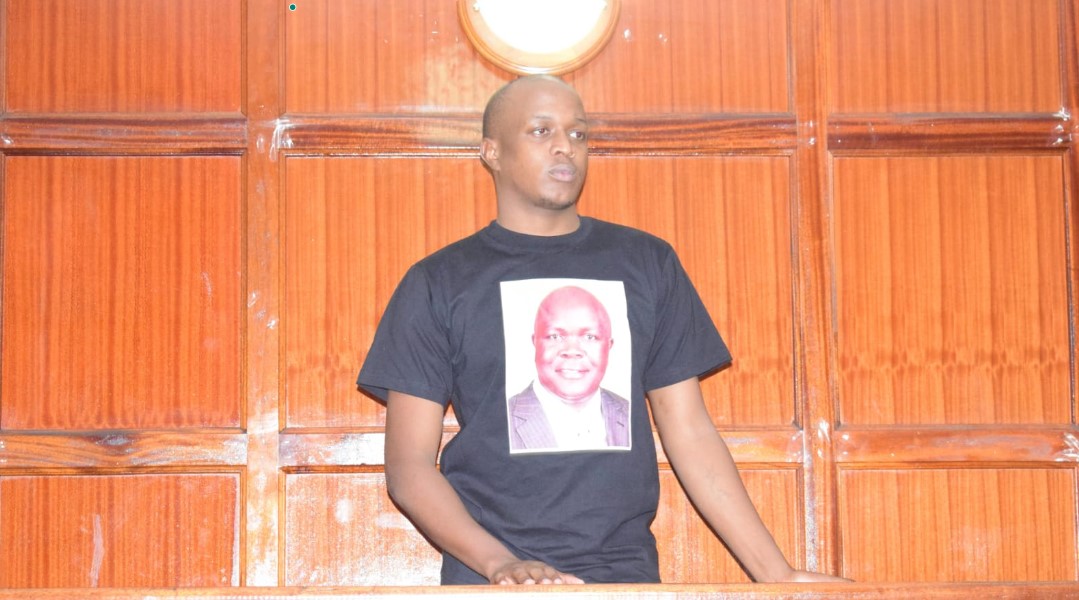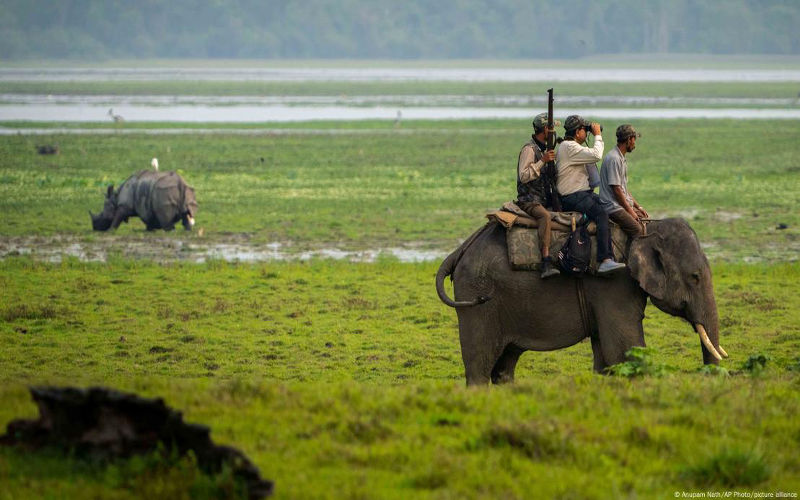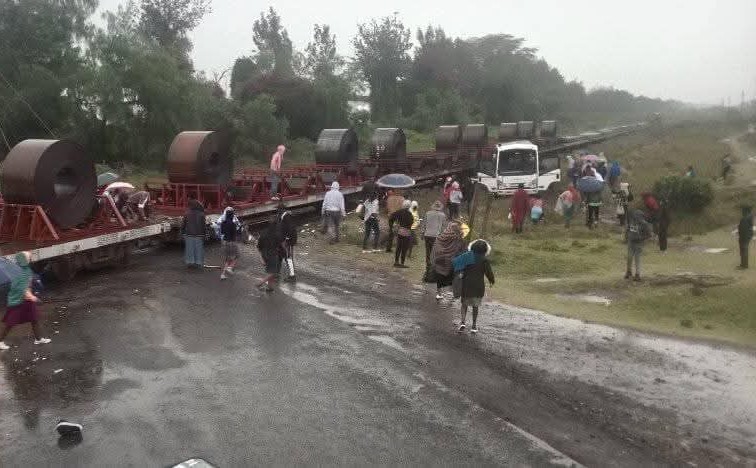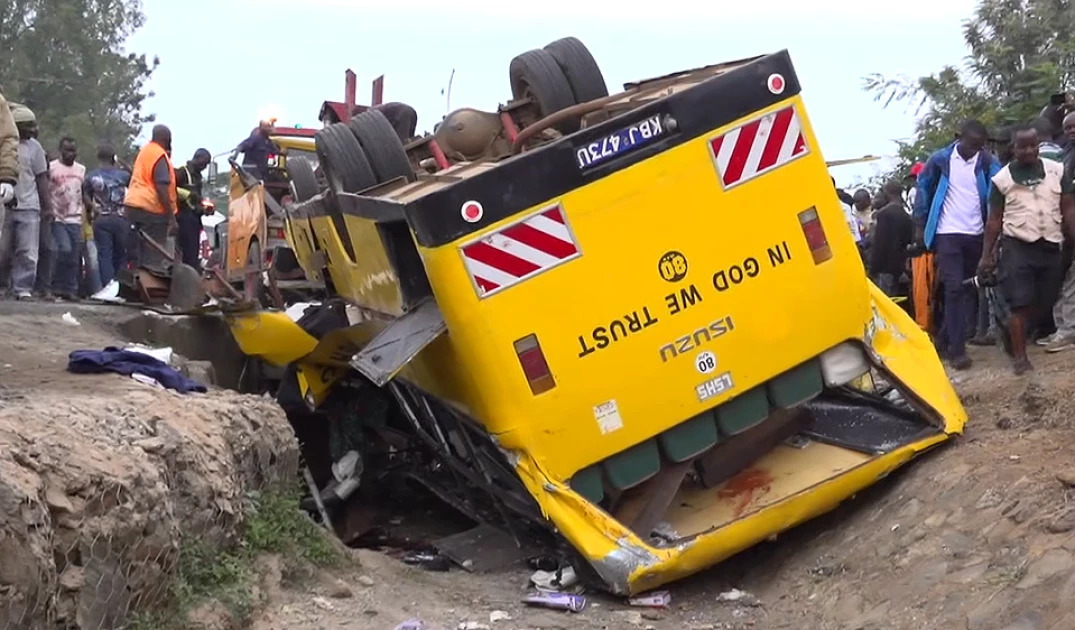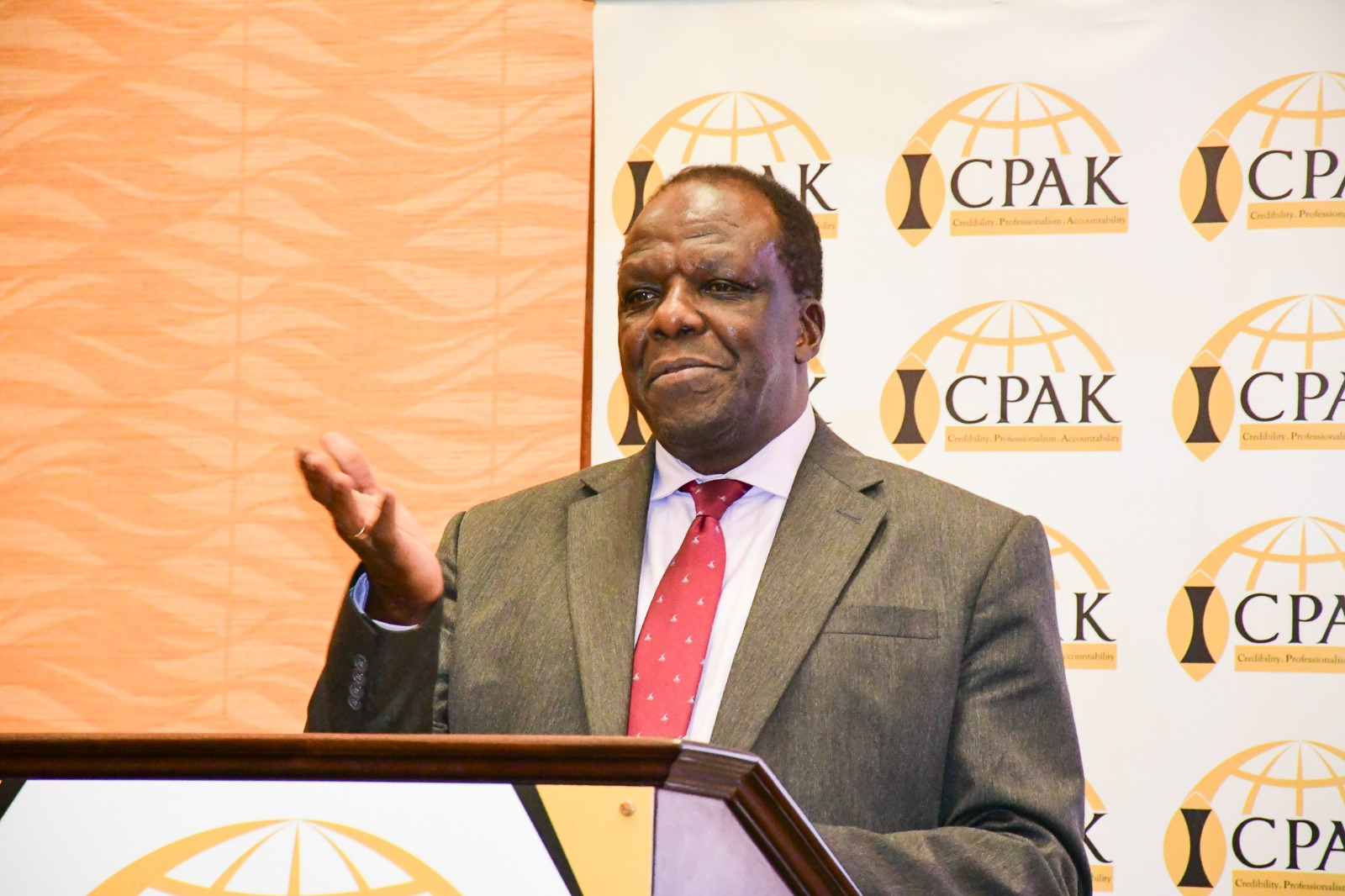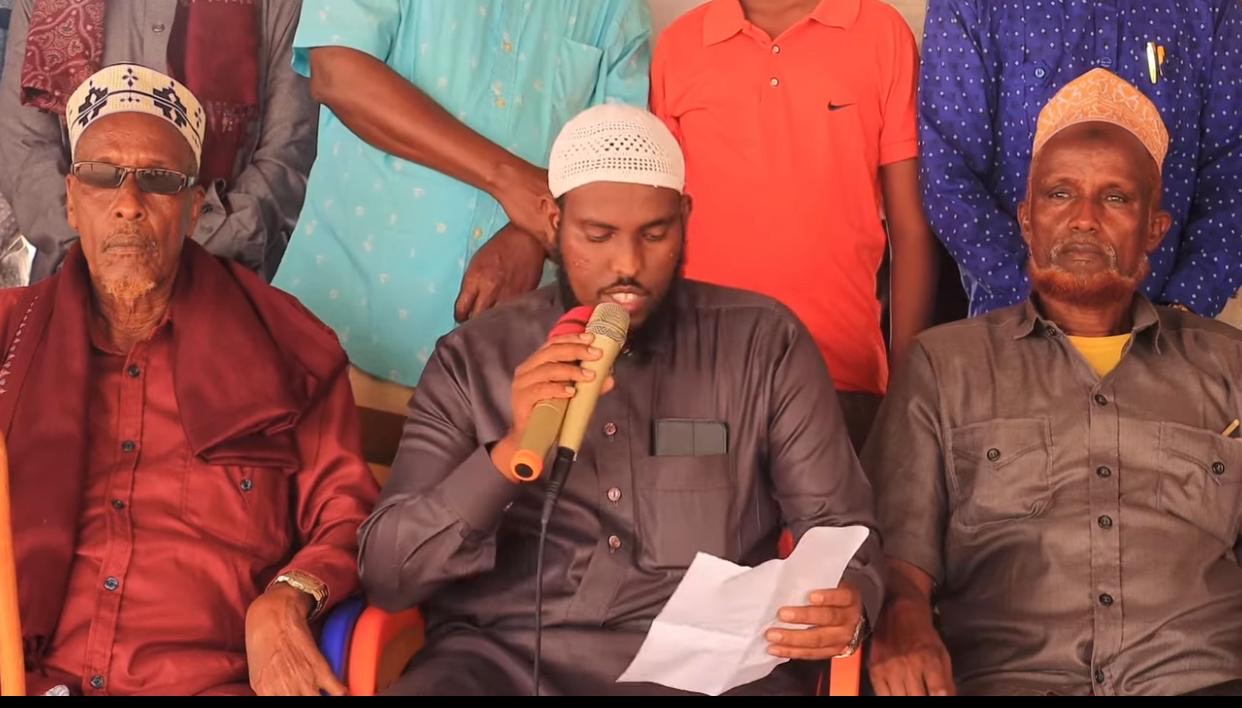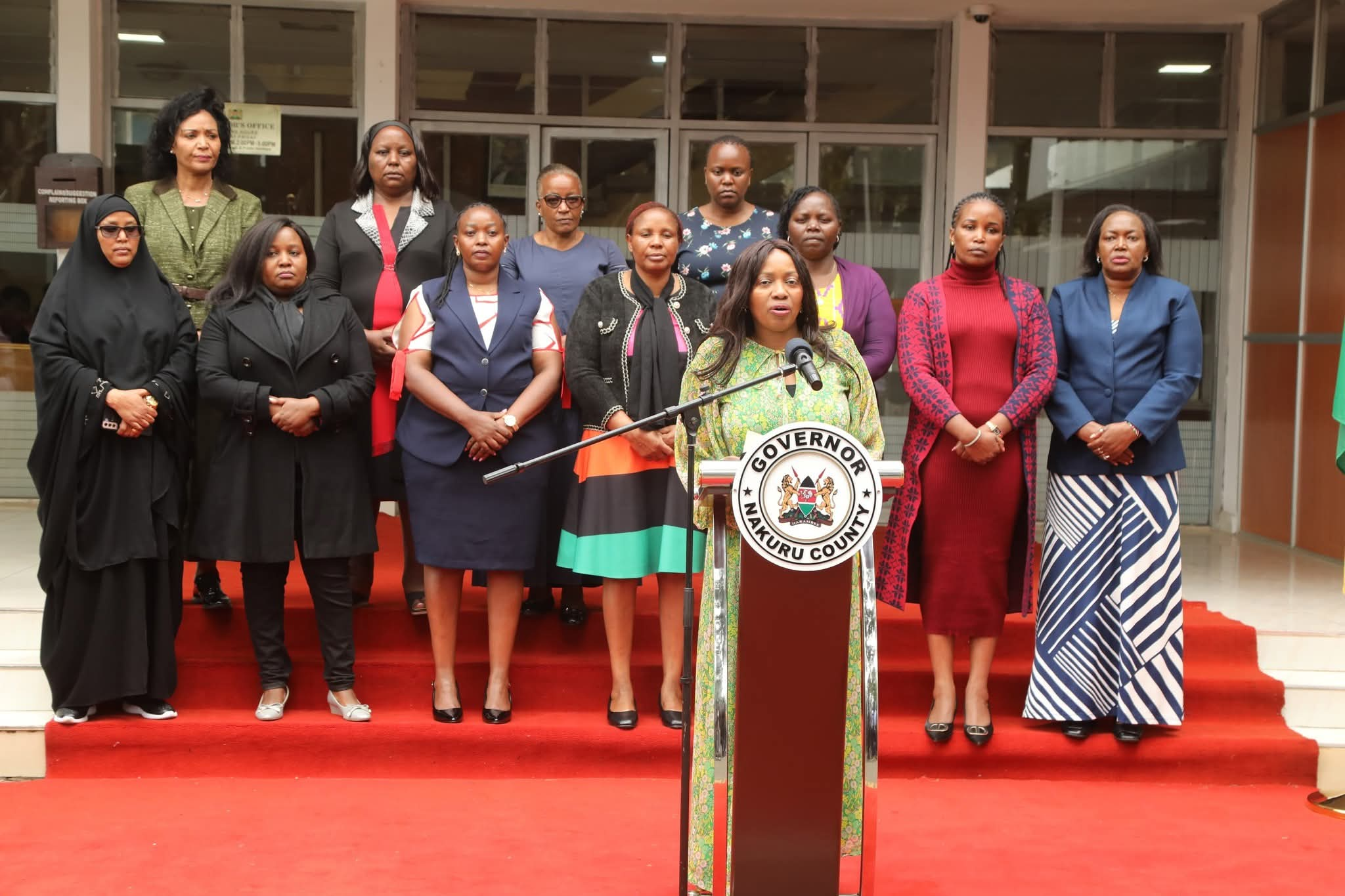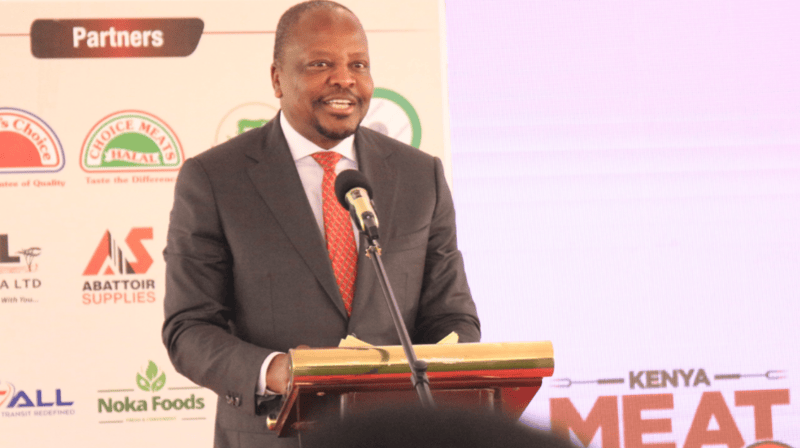M23 rejects UN report linking group to civilian massacres in eastern DRC

M23 argued that the claim of massacres targeting farmers in these areas defies logic, pointing to a lack of proper verification in the UN’s findings.
The Alliance Fleuve Congo (AFC/M23) has strongly rejected a report by the United Nations accusing the group of responsibility for the deaths of hundreds of civilians in Rutshuru Territory, eastern DRC.
The accusations, detailed in a UN Joint Human Rights Office (UNJHRO) letter dated July 28, 2025, and a subsequent report on August 6, 2025, claim that AFC/M23 was involved in attacks between July 9 and 21 that resulted in the deaths of 169 and 319 civilians in various localities, including Kanyakiri, Kigaligali, Dubai, Katanga, Lubumbashi, Kasave, Kakoro, and Busesa.
More To Read
- DRC refugees begin returning home despite uncertainty ahead
- Uganda to host two million refugees by end of 2025 due to escalating crises - UN
- World Court just ruled countries can be held liable for climate change damage – What does that mean for US?
- Gaza: ‘No one should ever be forced to risk their life to find food,’ says UN humanitarian agency
- Former ICT Cabinet Secretary Nyambura Ndung’u appointed to senior UN role
- Rwanda Parliament dismisses 'unfounded allegations' by Congo house speaker
However, M23 dismissed the allegations as baseless and politically motivated, condemning the UN for relying on unverified information and sources they say are aligned with the Kinshasa government.
"These accusations, which allegedly hold M23 responsible for the deaths of 169 and 319 civilians in connection with an incident occurring between July 9 and 21, 2025, across multiple localities in Rutshuru Territory, constitute a blatant misrepresentation of facts, a violation of impartiality, and a serious breach of UN institutional credibility," the group said in a statement.
M23 pointed out that several of the cited areas are located within Virunga National Park, a protected zone where farming is strictly prohibited, calling into question the report’s claim that farmers were massacred in these nonexistent farmlands.
M23 argued that the claim of massacres targeting farmers in these areas defies logic, pointing to a lack of proper verification in the UN’s findings.
"How could farmers have been massacred in nonexistent farmlands? This glaring inconsistency proves that the UNJHRO relayed unverified information, violating its investigative standards."
The group accused the UNJHRO of violating investigative standards by relying heavily on sources aligned with the Kinshasa government, failing to independently verify information, and using conditional language such as “allegedly” and “reportedly.”
M23 argued that this fueled a wave of media disinformation, which was amplified by Reuters, worsening what they call a malicious defamation campaign.
The group also accused the UN of basing its report largely on testimonies from groups and individuals aligned with the government regime, including organisations like Wazalendo, FDLR, and RUDI URUNANA, as well as the Rutshuru Territory Youth Council and certain named spokespeople.
"How can organisations with no presence in the liberated areas provide credible information? We call for an independent investigation and invite the organisations that issued the report to take part in it."
They accused the UN offices of ignoring documented atrocities committed by government forces and their allies.
M23 demanded an immediate retraction of the UN report (Ref: BCNUDH/OD/138/2025) and a public apology. They called for an independent investigation into the origins of the allegations and accountability within the UNJHRO.
Top Stories Today
